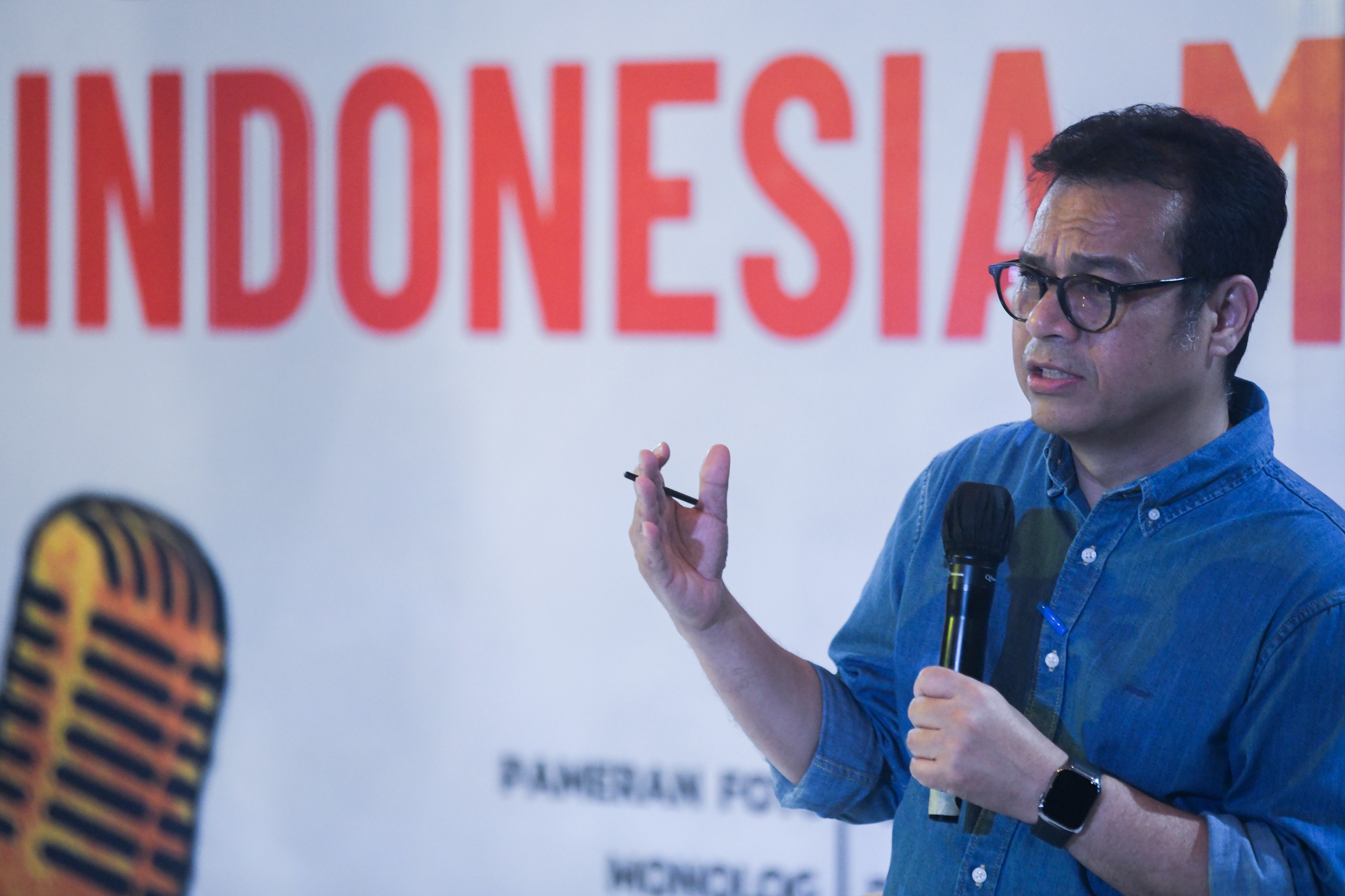Indonesia should not remain a passive market in the global AI industry. According to Vice Minister of Communication and Digital, Nezar Patria, the country must establish a strong national ecosystem to achieve digital sovereignty, covering research and development (R&D), computing infrastructure, regulation, and top-tier digital talent.
“It is very clear that if we want to create regulations and other measures, we must consider the geopolitics of AI development. The Atlas of AI must serve as a guide in drafting AI regulations if we want a sovereign technology,” said Nezar at the “Mencapai Seabad Indonesia Merdeka” event in Yogyakarta on June 29, 2025.
Critical Minerals Offer Leverage in Global AI Supply Chain
Indonesia holds strategic natural resources essential to global AI and chip-making industries, including nickel, boron, and other critical minerals.
However, Nezar stated that the country still lacks a grand design to position these resources within the global AI development framework.
“We have so many natural resources and critical minerals like nickel, boron, and other important minerals. But there is no grand design to properly organize how we can bargain with the centers of AI development in the world so that we become part of the global AI ecosystem,” he said.
Domestic R&D and Infrastructure Still Underdeveloped
Nezar emphasized the need to build strong domestic research centers and computational clusters.
He pointed out that Indonesia's current R&D funding is only 0.24% of its GDP, making the journey toward digital sovereignty slow.
“Without R&D, it will be difficult to develop AI that is sovereign, AI that belongs to us. To build all of this, we need sufficient computing power and proper infrastructure. These two are still in the planning stage,” he stated.
Imported Foundation Models Raise Concerns of Cultural Bias
Nezar explained the importance of building Indonesia’s own AI models. He noted that foundation models developed abroad, particularly in the United States, reflect Western values, which can lead to data bias and stereotyping.
“As a result, bias in data used by societies outside America often occurs, including stereotyping of certain groups, races, and nations. That proves there is an effort to do filtering and various other adjustments in line with certain interests,” he said.
Digital Talent Shortage Threatens Transformation Efforts
Nezar identified three main challenges to Indonesia’s digital transformation: digital infrastructure gaps, cyber threats, and a shortage of digital talent.
He noted that Indonesia is projected to need over 12 million digital talents by 2030, but currently lacks 2.7 million.
“Once again, digital talent, in my opinion, is project number one. Infrastructure may be limited, but if the people are creative, they can overcome those limitations. China has proven that with limitations, and so has India, with quality talent; they have advanced in digital technology adoption,” he said.
He also stressed that digital transformation should be seen as an interconnected ecosystem involving security, economy, education, and the protection of local values.
“So geopolitics, defense and security interests, digital economic development, education, healthcare, protecting local values, all of them exist in one ecosystem that is interlocked. We cannot ignore a single element because it will damage the entire ecosystem,” Nezar stated.
PHOTO: KEMKOMDIGI
This article was created with AI assistance.
Read More






 Tuesday, 24-02-26
Tuesday, 24-02-26







